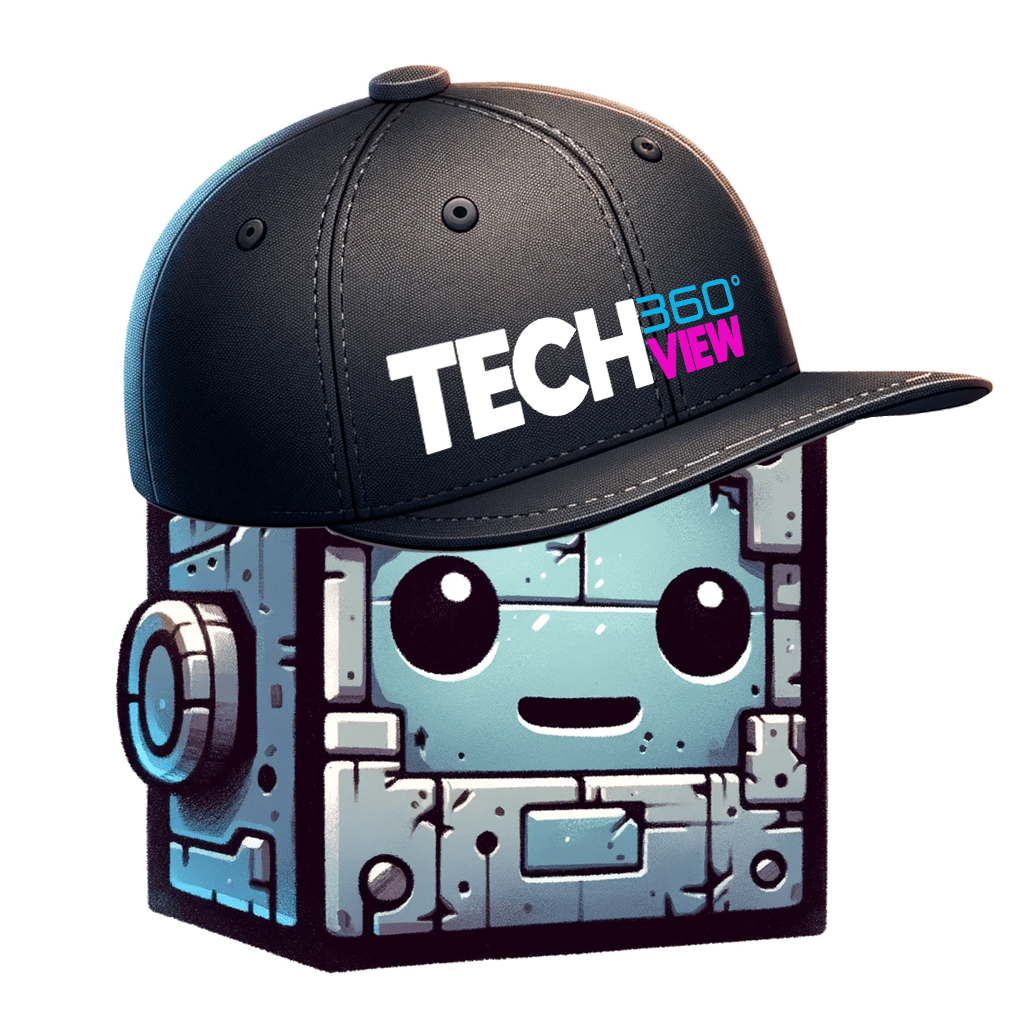CustomGPT vs. ChatGPT: Tailored Efficiency Meets Conversational Versatility
Business owners are increasingly looking to leverage artificial intelligence to optimize their operations and stay ahead in competitive markets. The potential of AI to transform business processes, enhance customer experiences, and drive efficiency is widely acknowledged.
However, the plethora of AI tools and services available today presents a daunting challenge: how can businesses discern which AI solutions are worth their investment in terms of time and money? In this article, we aim to shed light on this decision-making process by comparing the versatile ChatGPT with CustomGPT, a refined version of the former, tailored specifically to provide solutions for businesses seeking a more targeted approach to leveraging AI.
Overview
Let’s take a quick look at ChatGPT vs CustomGPT. Both are built on the Generative Pre-trained Transformer (GPT) model, yet they serve distinct purposes and offer unique advantages.
CustomGPT: Precision Engineered for Specific Needs
CustomGPT stands out for its ability to be precisely tailored for particular sectors or tasks. Whether it’s for a medical advisory system, a legal assistant, or an educational tutor, CustomGPT adapts by integrating with specialized datasets and APIs, aligning closely with the unique demands of each application. Its adaptability makes it an ideal choice for industry-specific applications, providing nuanced and relevant interactions.

ChatGPT: The Versatile Conversationalist
In contrast, ChatGPT takes a generalist approach, designed to perform a wide range of conversational tasks across various subjects. Its training includes a diverse array of internet text, enabling it to discuss everything from science to philosophy at a conversational level. Users engage with ChatGPT as a broad-knowledge conversational agent, benefiting from its wide-reaching, yet not industry-specific, insights.
Distinguishing Features: Customization and Application
The key differences lie in their customization and use-case specificity. CustomGPT’s tailored approach contrasts with ChatGPT’s broad applicability. While CustomGPT integrates into specific workflows, requiring deeper setup, ChatGPT serves as a more immediate conversational tool for a wide user base.
Five ways businesses can benefit from CustomGPT:
- Enhanced Customer Service: Delivering personalized, accurate, and instant responses, improving customer satisfaction.
- Operational Efficiency: Automating routine tasks, freeing up resources for more strategic initiatives.
- Global Reach: Catering to a diverse audience with support for 92 languages and a multitude of document formats.
- Competitive Edge: Leveraging the latest in AI technology, tailored to specific business needs for a distinct customer experience.
- Informed Decision Making: Facilitating rapid and efficient research and analysis of business content for swifter, smarter decisions.
While CustomGPT and ChatGPT both harness the power of GPT models, their applications and benefits vary significantly. CustomGPT offers tailored, efficient solutions for specific business needs, enhancing various aspects of operations and customer engagement. On the other hand, ChatGPT provides broad conversational capabilities, making it a versatile tool for a wide range of general applications. Understanding these differences is key to choosing the right AI solution for your needs.




